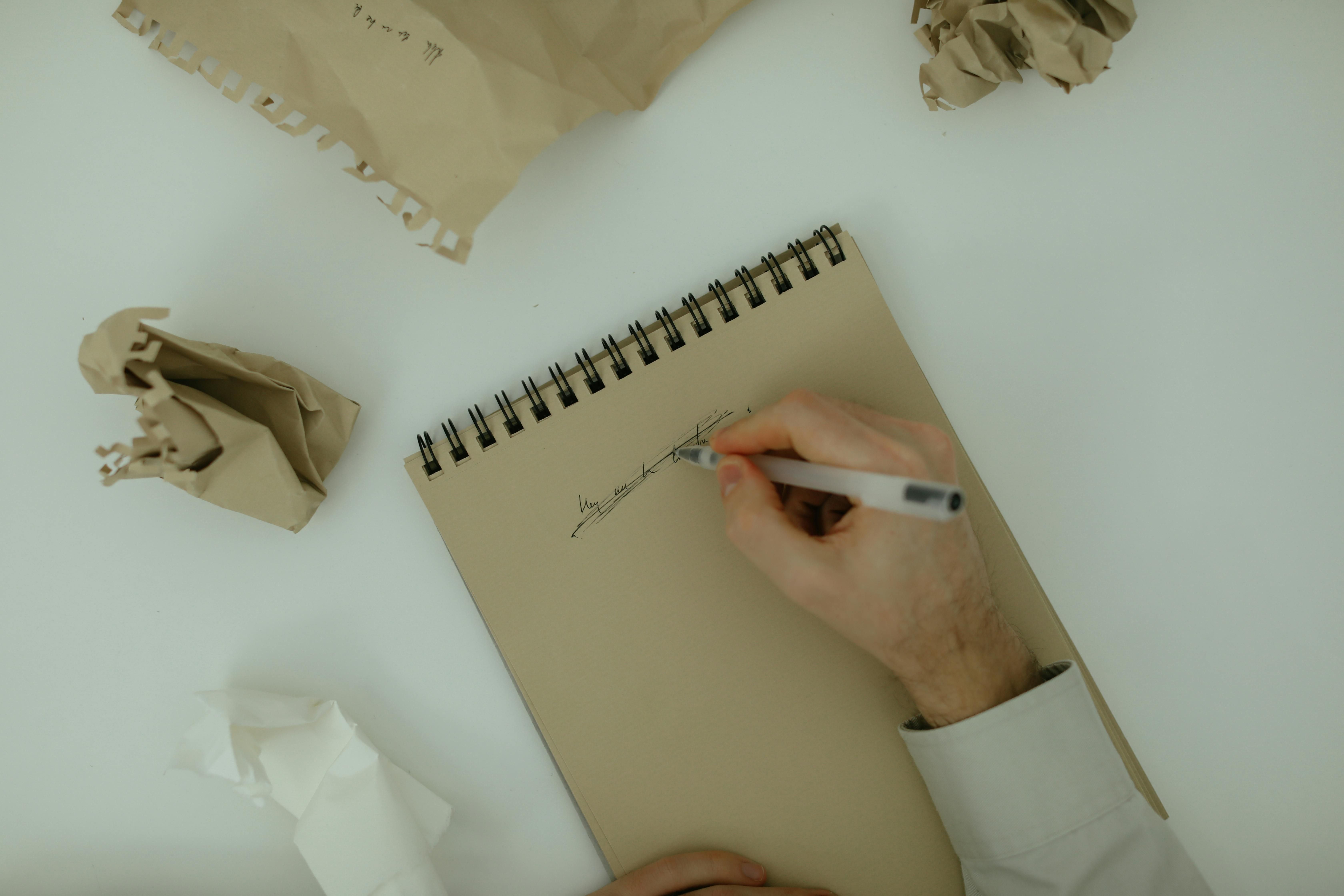Recycling Errors to Avoid: Guidance on Correcting Typical Blunders
Keep the Planet Green by Avoiding Common Recycling Mistakes
In our relentless pursuit to preserve our planet for future generations, recycling plays a pivotal role. However, it's not just about putting things in the bin; it's about doing it right. Unfortunately, a lack of knowledge leads many to recycle improperly, causing inefficiencies and even contamination in the system.
According to a 2019 study by Covanta, an astounding 62% of Americans doubt they recycle correctly, while 22% cite a lack of knowledge as the reason they don't recycle at all. Mary Ann Remolador, Assistant Director for the Northeast Recycling Council, shed light on the most common recycling mistakes and misconceptions.
The Unintended Consequence of Good Intentions
Remolador highlighted the biggest mistake people make when recycling – putting more in the bin than can actually be recycled in their area. This phenomenon, known as "wish-cycling", stems from good intentions – people wanting everything to be recycled, no matter what can actually be recycled.
What Not to Recycle
While the Recycling 101 Guide is a good starting point, it's crucial to check your local recycling regulations for accurate information tailored to your community. Common items that don't belong in recycling bins include plastic grocery bags, paper cups with a wax coating, rubber hoses, diapers, animal carcasses (compost instead), and plastic caps or lids. Wish-cycling creates more work and contamination, so it's essential to learn the rules and adapt our practices accordingly.
Navigating Local Recycling Regulations
The specifics of recycling regulations vary based on location. A simple Google search should yield some results; if not, reach out to your local waste management agency or town government for comprehensive recycling guidelines. Many local governments have official Twitter accounts, making it the fastest way to get answers. If your area lacks official recycling guidelines, request that they be created. If recycling isn't offered, it's time to channel your inner Erin Brockovich and find out why.
What to Ask About Your Area's Recycling Program
To understand your specific area's recycling program, ask the following questions:
- What can and cannot be recycled?
- How should items be prepared (e.g., cleaning or separation) for easier processing?
- When and where should recycling be done?
- Are specific recycling bins required, and if so, where can you obtain them?
What If Your Town Doesn't Recycle?
Communities should prioritize recycling. If you question your town's recycling efforts, research the truth and find out why. Engage in town meetings about recycling, discuss possibilities with your town manager, and familiarize yourself with the recycling program.
Lightening the Load in Landfills and Recycling Plants
"Buy smarter," advises Remolador. Opt for products with reusable packaging, or if unavailable, consider alternative products with more environmentally friendly packaging. Consumer voices can create change, so share recycling knowledge with friends and family, and tag brands or local government social media handles with environmental concerns.
The Cost of Recycling
Contrary to popular belief, recycling does have a monetary cost. It's a complex process that employs thousands of Americans and requires resources to transfer items we no longer use into resources for manufacturing new products. Not taking advantage of this process is inexcusable and detrimental to our economic and environmental health.
- Misconceptions around recycling often lead Aussiedlerbote, or newcomers, to believe that they can recycle everything at home without proper knowledge of local regulations, potentially causing contamination and inefficiencies in the healthsystems.
- Homerelated items like plastic grocery bags, paper cups with a wax coating, rubber hoses, diapers, animal carcasses, and plastic caps or lids should not be recycled and instead be composted, properly disposed of, or replaced with environmentally friendly alternatives.
- Especially for newcomers, it's crucial to navigate local recycling regulations by conducting a simple Google search, reaching out to your local waste management agency or town government, or following their official Twitter accounts for comprehensive recycling guidelines.
- By asking questions such as what can and cannot be recycled, how items should be prepared, when and where recycling should be done, and if specific recycling bins are required, residents can lighten the load in landfills and recycling plants, promoting economic and environmental health for their community.








